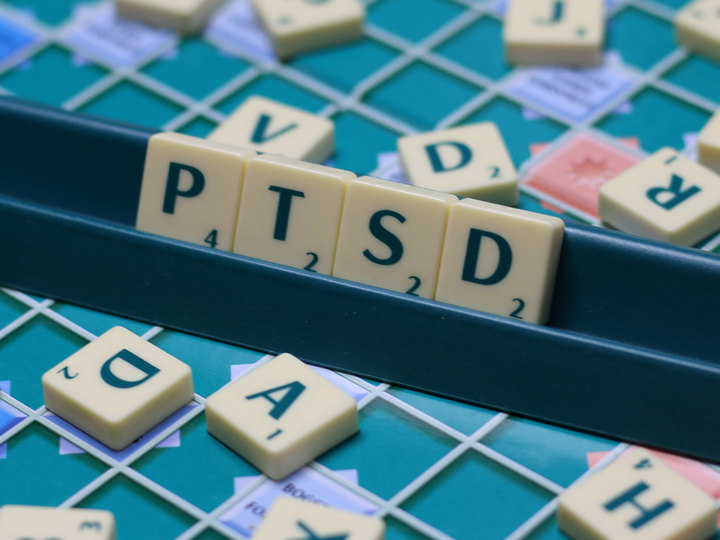Fight or flight, panic, trembling: Our brains are wired to ensure we respond instantly to fear. While that fear response may save our lives in the dangerous moment, at times people stay on high alert long after the threat has passed, and develop post-traumatic stress disorder.
A new study from Scripps Research in Florida suggests it may be possible to disarm the emotional memories of trauma that drive PTSD symptoms. Scripps Research neuroscientist Courtney Miller, Ph.D., and her team identified a key molecule found elevated within the brain’s emotional memory processor, the amygdala. Experiments suggest that suppressing that molecule enables faster recovery from trauma. The molecule may also offer a novel biomarker for treatment.
Writing in the journal Molecular Psychiatry, Miller discovered that trauma elevates a specific microRNA in an area of the brain where long-term memories of fear reside, the basolateral amygdala complex. They found the microRNA, called mir-135b-5p, altered in both stress-conditioned mice and in military veterans who had been diagnosed with PTSD following deployment in Afghanistan.
2019-06-21

